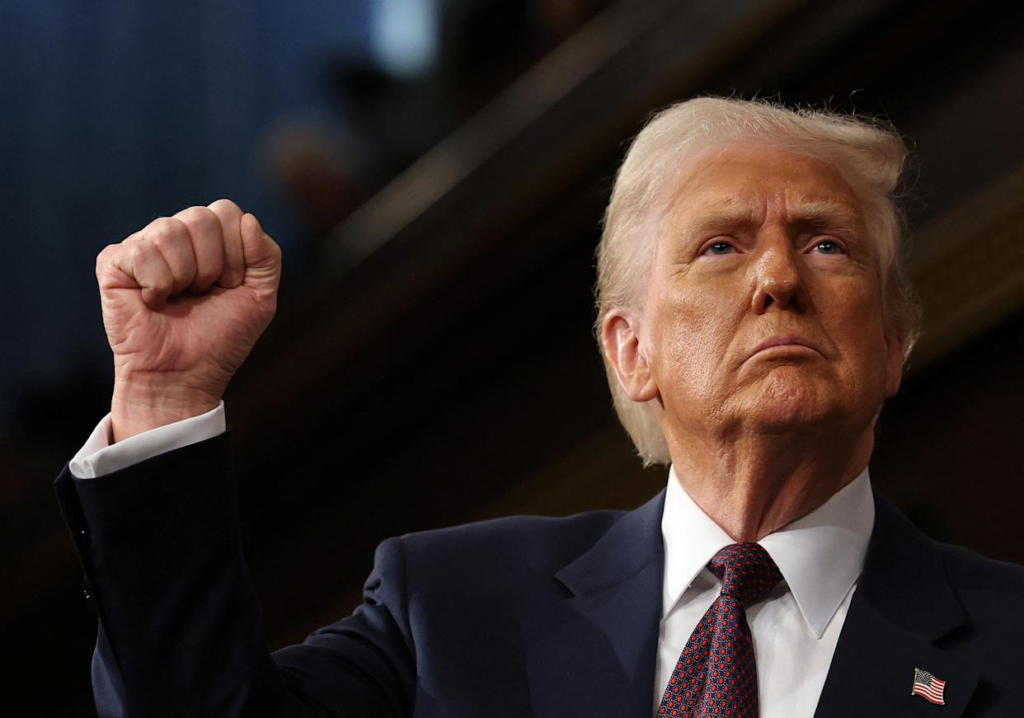As international student enrollment in the U.S. rebounds from its pandemic-era decline, new fears are emerging under the Trump administration. Educators worry that stricter immigration policies, reduced federal research funding, and increased scrutiny of campus activism could deter foreign students from choosing American universities.
Students already in the U.S. say they feel pressure to self-censor. A South Asian Ph.D. student at the University of Rochester, who once openly supported LGBTQ+ causes, now avoids political discussions and protests. With rumors of travel bans circulating, she is hesitant to visit home.
“You’re here for an education, so you’ve got to keep moving forward on that end,” she said, speaking anonymously for fear of repercussions. “But also, it’s very hard to say, ‘OK, I’m at work. I’ve got to zone out. I can’t be thinking about the news.'”
Recruiters report a decline in interest from prospective students abroad. Clay Harmon, executive director of the American International Recruitment Council (AIRC), notes that many students in India—the largest source of U.S. international students—are reconsidering their options.
“Even if there’s no direct consequence or limitation right now, all of this cumulatively produces an impression that the U.S. is not welcoming, it’s not open, or that you may be in some kind of danger or jeopardy if you do come to the U.S.,” Harmon said.

Discussions on social media platforms like Reddit reflect growing uncertainty, with students from Canada, China, India, and other countries seeking advice on whether to study in the U.S. or explore alternatives in the U.K. or Germany.
International students are a crucial economic driver, contributing $43.8 billion to the U.S. economy in the 2023-2024 academic year and supporting over 378,000 jobs, according to NAFSA, an organization promoting international education. They also play a significant role in advancing research, said NAFSA’s CEO, Fanta Aw.
Universities are responding in different ways. Some, like Northeastern University, have created web pages to keep students informed. Others are taking stronger action—Bunker Hill Community College has suspended short-term study abroad programs due to travel concerns, and Columbia University’s Graduate School of Journalism has warned non-U.S. citizens about the risks of arrest or deportation.
Brown University has advised international students and staff to avoid travel after a professor with a valid U.S. visa was deported to Lebanon. Homeland Security officials later claimed she had admitted to supporting a Hezbollah leader and attending his funeral.
Despite the heightened concerns, Aw urges perspective, noting that high-profile cases remain rare. “We have international students at lots of universities, and news coverage has focused on consequences for international students at just a couple of colleges,” she said. “So we have to also put into perspective the fact that the vast majority of students are in universities where we’re not hearing anything.”
